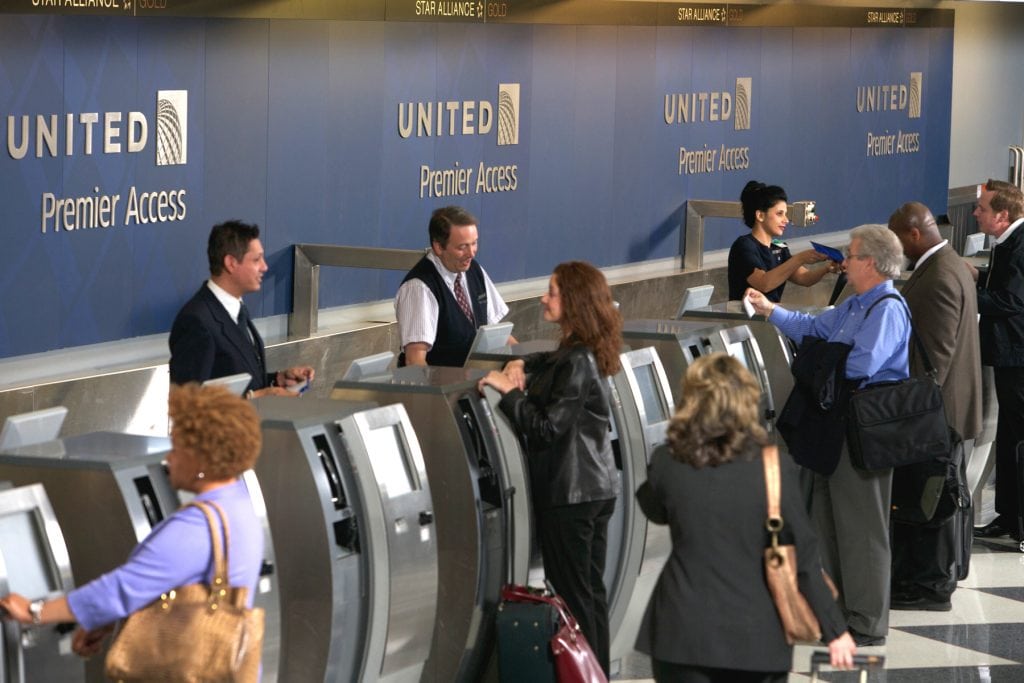Sabre Predicts U.S. Airlines Won't Level Booking Surcharges

Skift Take
Sabre argues that it would be self-harming for U.S.-based airlines to copy the surcharges that European airlines like Lufthansa and British Airways are adding on bookings processed outside of their own networks. Perhaps. But airlines often have views widely different than Sabre's.
In September 2015, when Lufthansa Group began adding an $18 (16 euro) surcharge on tickets booked through middlemen, one of the leading such global distribution systems, Sabre, said it wasn't worried.
The Texas-based Sabre said that fewer than 2 percent of the bookings it sells via travel agents were from Lufthansa. So, even if lost a lot of ticketing business, it wouldn't be hurt too much.
Fast forward to Tuesday, when a top Sabre executive was saying pretty much the same thing. Only this time the comments were in response to the May 2017 announcement by International Airlines Group (IAG) that in November it would start adding a surcharge to British Airways and Iberia bookings made through third-party technology companies.
Sabre says that London-based IAG represents less than 2 percent of its bookings. The tech giant is again not expecting to take a substantial hit because of the surcharge.
Rick Simonson, Sabre's chief financial officer, spoke at an investor conference run by Bank of America Merrill Lynch.
A primarily European problem?
One of Sabre's points is that its Madrid-based competitor Amadeus is more vulnerable to the distribution strategy shifts of European-based airlines because it processes more of those airlines' tickets.
But Simonson's broader point is that the U.S. and European markets are different.
Simonson says that in the U.S. market -- where Sabre has greater market share than rivals Amadeus and UK-based Travelport -- the three distribution systems charge "quite a bit lower" fees on average for airlines to use their services than is common in Europe.
Given relatively lower fees, the airlines feel less urgency to get the tech middlemen out of the distribution chain, according to Simonson.
But in January, United said it wanted a better deal with he global distribution systems

